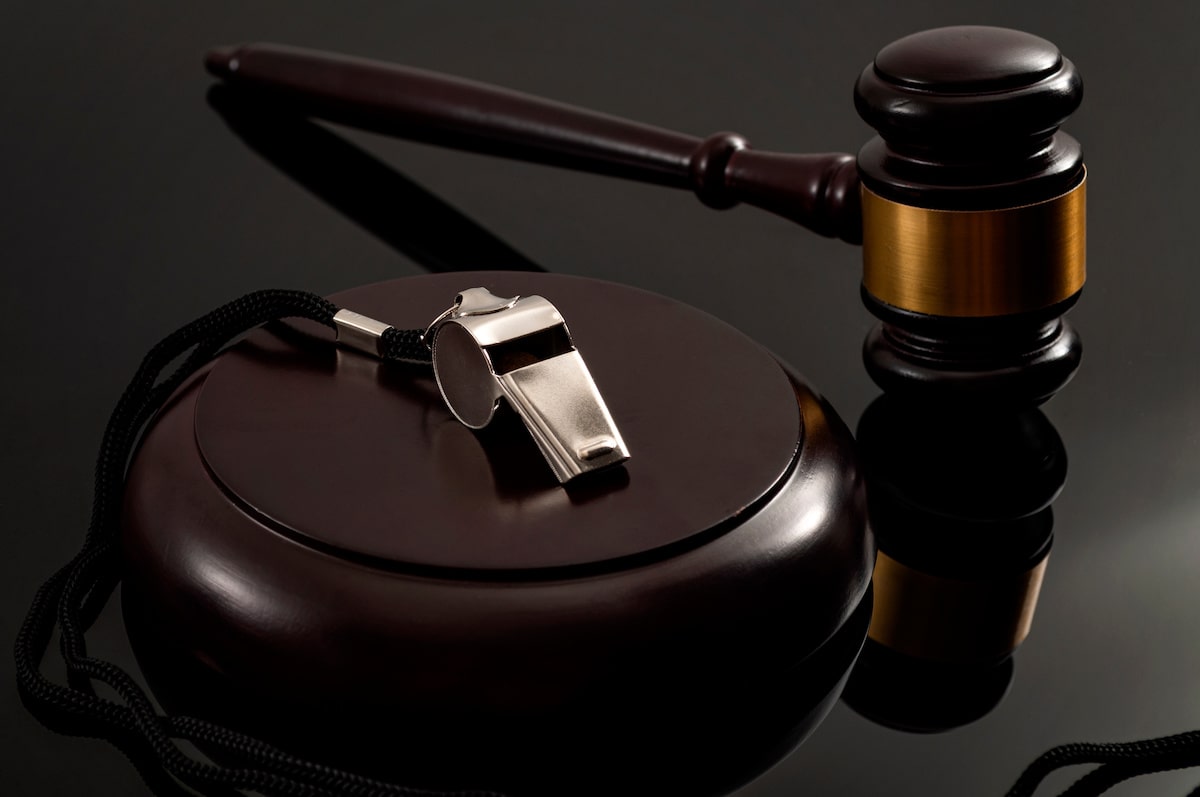In my prior post, I discussed the concept of mend the hold. Essentially the doctrine provides that a party who takes a position can later be estopped from asserting a different, inconsistent position. This is the first in a series of blogs discussing how different states apply the doctrine. The first stop on our tour is my home state of New Jersey. While there is no case law dealing directly with the Mend the Hold doctrine in the insurance context in the Garden State, the doctrine is alive and well and waiting to be used in such circumstances.
In the case of Schanerman v. Everett and Carbin,1 the New Jersey Supreme Court ruled that a party to a real estate transaction that backed out of the deal could not rely upon the alleged financial inability of the buyer to close the deal when they canceled the deal for other reasons altogether. The court stated:
In situations comparable to that before us many courts have invoked doctrines of waiver and estoppel to preclude the defendant from urging the financial inability of the buyer where the transaction failed to consummate on wholly unrelated grounds.2
While not calling it the Mend the Hold Doctrine, the New Jersey Supreme Court ruled that a party to a contract dispute cannot defend a breach of contract action with a newly discovered or created basis for the breach.
Again, while not an insurance case, it is not a difficult stretch to see how this ruling will apply to insurance cases. Where a carrier denies a claim on one ground it would be dubious at best for them to assert a different reason for denying the claim in the ensuing litigation. Stay tuned for more on our tour of the Mend the Hold Doctrine, and if you have questions or want to know how this doctrine applies in your state, please feel free to reach out to me.
And since we are still on the topic of a legal doctrine with a name borrowed from wrestling, I figured I would go back in time to one of my favorite wrestling memories of my youth:
https://youtube.com/watch?v=JD4Y6TqmAfY%3Frel%3D0
1 Schanerman v. Everett and Carbin, Inc., 10 N.J. 215 (1952).
2 Id. at 221.



